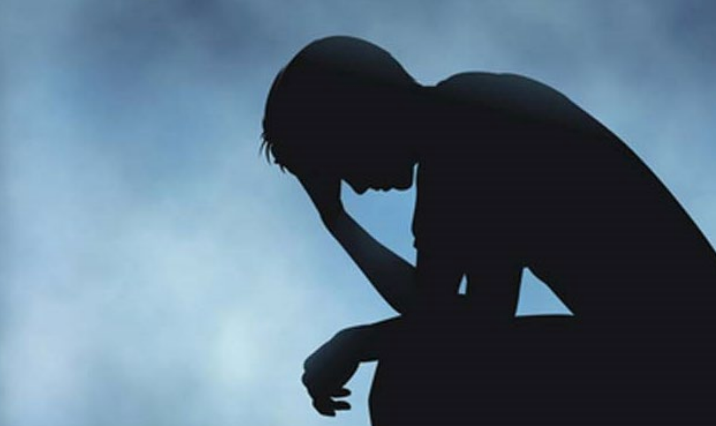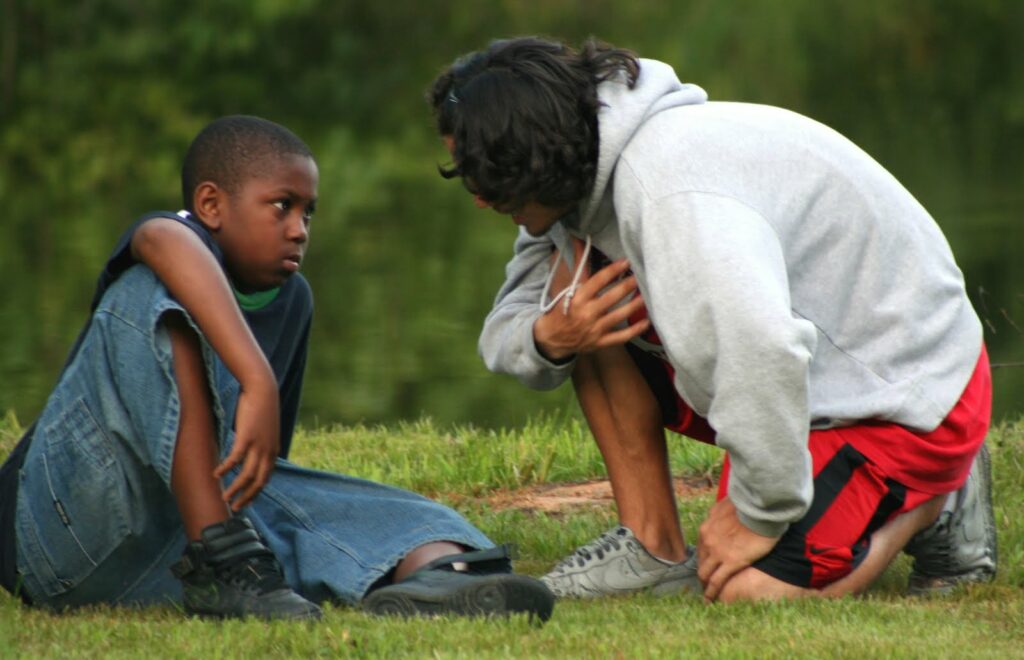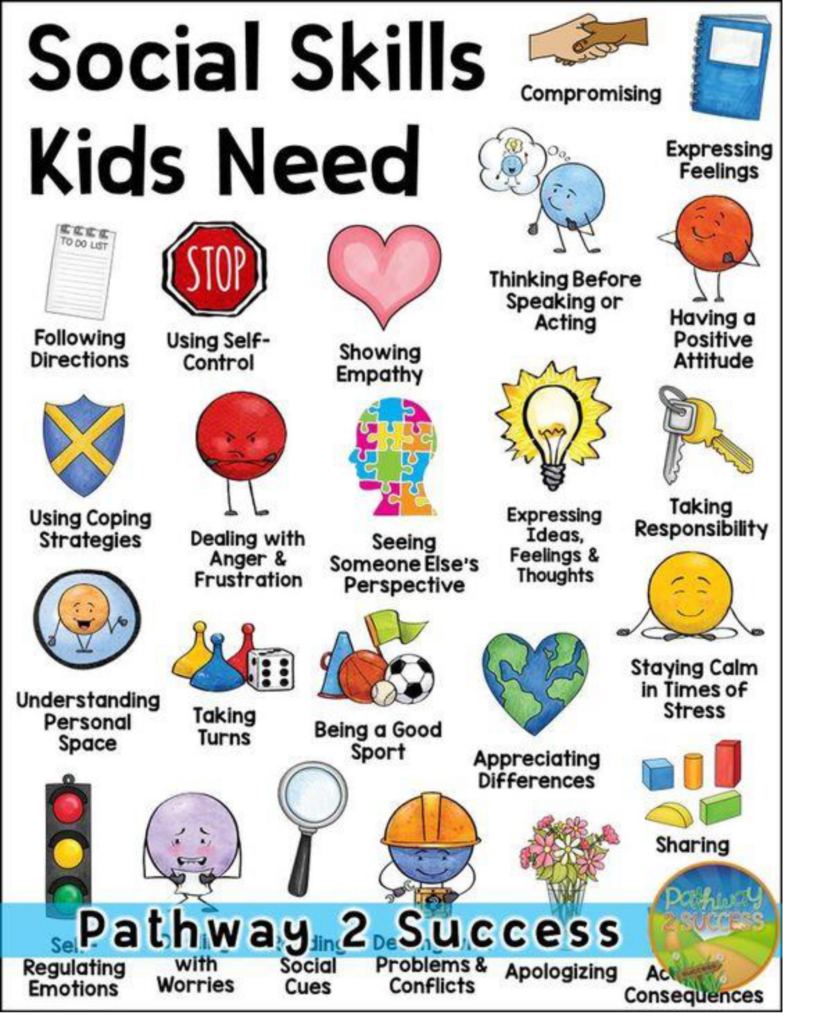Being a teenager can be tough. There are changes taking place in your body and brain that can affect how teens learn, think, and behave. And if you are facing tough or stressful situations, it is normal to have emotional ups and downs.
But if you have been overwhelmingly sad for a long time (a few weeks to months) and you’re not able to concentrate or do the things you
usually enjoy, you may want to talk to a trusted adult about depression.
What Is Depression? Depression (major depressive disorder) is a medical illness that can interfere with your ability to handle your daily activities, such as sleeping, eating, or managing your school work. Depression is common but that doesn’t mean it isn’t serious. Treatment may be needed
for someone to feel better. Depression can happen at any age, but often symptoms begin in the teens or early 20s or 30s. It can occur along with other mental disorders, substance abuse, and other health conditions.
Why can’t you just ‘snap out’ of depression?
Well-meaning friends or family members may try to tell someone with depression to “snap out of it,” “just be positive,” or “you can be happier if you just try harder.” But depression is not a sign of weakness or a character flaw. Most people with depression need treatment to get better.
Signs and Symptoms of Depression: Sadness is something we all experience. It is a normal reaction to a loss or a setback, but it usually passes with a little time. Depression is different.
If you are wondering if you may have depression, ask yourself these questions:
• Do you constantly feel sad, anxious, or even “empty,” like you feel nothing?
• Do you feel hopeless or like everything is going wrong?
• Do you feel like you’re worthless or helpless? Do you feel guilty about things?
• Do you feel irritable much of the time?
• Do you find yourself spending more time alone and withdrawing from friends and family?
• Are your grades dropping?
• Have you lost interest or pleasure in activities and hobbies that you used to enjoy?
• Have your eating or sleeping habits changed (eating or sleeping more than usual or less than
usual)?
• Do you always feel tired? Like you have less energy than normal or no energy at all?
• Do you feel restless or have trouble sitting still?
• Do you feel like you have trouble concentrating, remembering information, or making
decisions?
• Do you have aches or pains, headaches, cramps, or stomach problems without a clear cause?
• Do you ever think about dying or suicide? Have you ever tried to harm yourself?
Not everyone with depression experiences every symptom. Some people have only a few
symptoms, others may have many. The symptoms and how long they last will vary from person to
person.
What Should I Do If I am Considering Suicide or Harming Myself?
If you are in crisis and need help, call 1-800-273-TALK (8255) National Suicide Prevention Lifeline
(NSPL). This is a confidential service is available to everyone 24 hours every day of the year. The
deaf and hard of hearing can contact the Lifeline via TTY at 1-800-799-4889. Or go to their website
www.suicidepreventionlifeline.org.
The Crisis Text Line is another free, confidential resource Text “HOME” to 741741and a trained crisis
counselor will respond to you with support and information over text message.
Visit www.crisistextline.org.
How To Get Help
• If you think you might have depression, you are not alone. Depression is common, but it is also
treatable. Ask for help! Here are a few steps you can take:
• Step 1: Try talking to a trusted adult, such as your parent or guardian, your teacher, or a
school counselor. If you don’t feel comfortable speaking to an adult, talk to a friend.
• If you are not sure where to turn, you can use TXT 4 HELP Interactive
(www.nationalsafeplace.org/txt-4-help), which allows you to text live with a mental health
professional. For more ideas and a list of health hotlines,
visit https://www.nimh.nih.gov/ (search words: children and adolescents).
• Step 2: If you’re under the age of 18, ask your parent or guardian to make an appointment with
your doctor for an evaluation. Your doctor can make sure you don’t have a physical illness that
may be affecting your mental health. Your doctor can connect you to a mental health
professional, such as a psychiatrist, counselor, psychologist, or therapist. These practitioners
can diagnose and treat depression and other mental disorders.
How is Depression Treated?
Depression is usually treated with psychotherapy, medication, or a combination of the two.
Psychotherapy (sometimes called “talk therapy”) is a term for treatment techniques that can help you
manage troubling emotions, thoughts, and behavior. Psychotherapy is a one-on-one meeting a
licensed mental health professional.
If your doctor thinks you need medicine to treat your depression, they might prescribe an
antidepressant. It takes a while for this kind of medication to build up in your body, so you might not
start to feel the benefits until 4-6 weeks after you start it. Hang in there. It WILL work. If you
experience side effects or you don’t like the way you feel on the medication, do not stop taking it. Call
your doctor. There are lots of different antidepressants. You doctor may switch you to another one.
And don’t use alcohol or drugs that have not been prescribed to you. They can interfere with the
antidepressants and keep them from working.
How to manage depression? Be patient. Treatment takes a few weeks to work.
In the meantime, you can:
• Stay active- Exercise or just move, even if it’s just going for a walk, it helps lessen depression.
• Keep a regular sleep schedule. Being overtired makes symptoms seem worse.
• Don’t isolate yourself. Spend time with friends and family, even if you don’t feel like it. It helps
to be around other people.
• Break down school or work tasks into smaller ones and organize them in order of what needs
to get done first. Then, do what you can.




